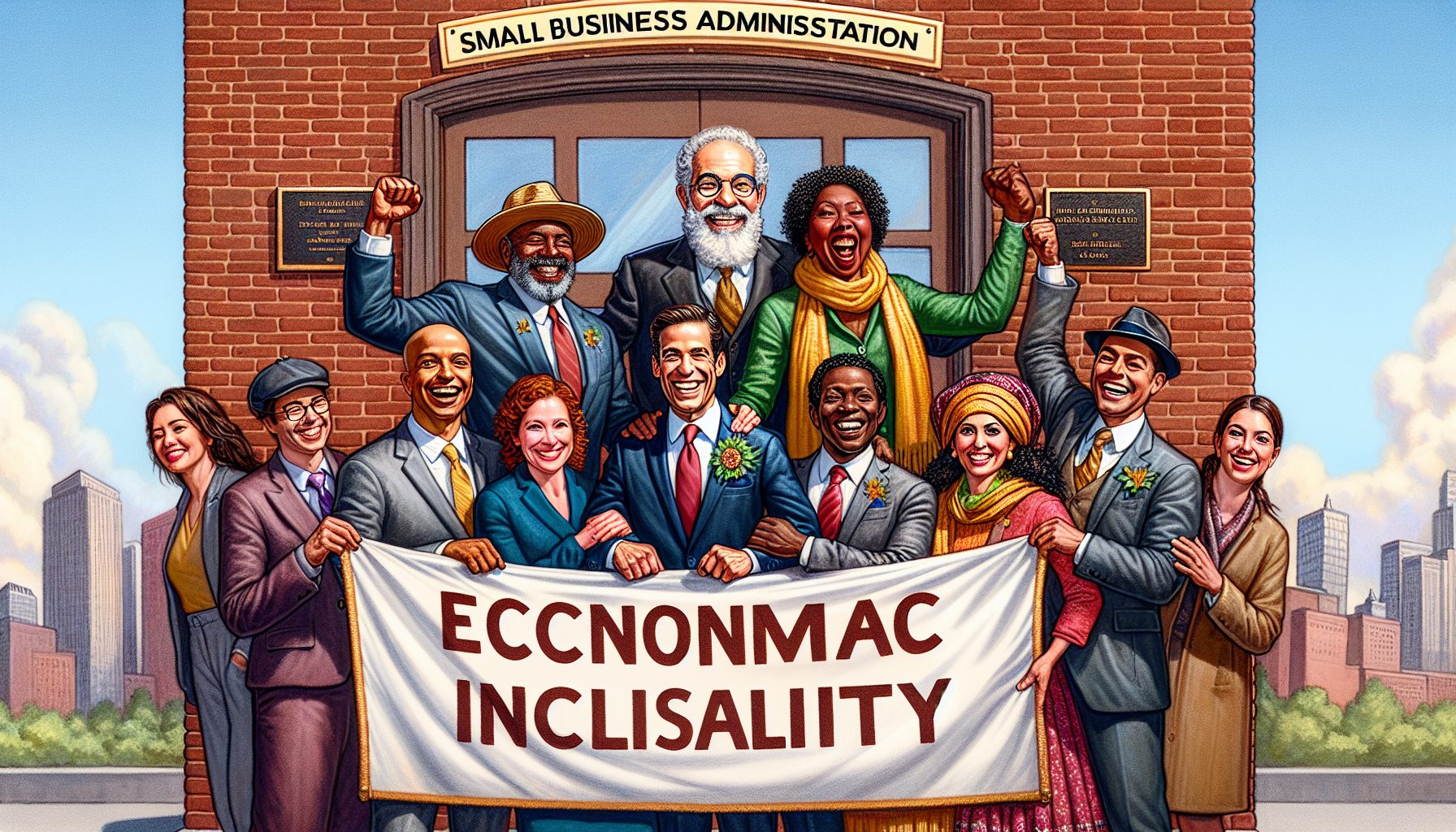The Small Business Administration (SBA) has recently rolled out the Ban the Box rule. This new approach seeks to increase financial opportunities for people with previous criminal records. It achieves this by allowing parolees and probationers to apply to its lending programs. The rule starts on January 1, showcasing the SBA’s commitment to economic inclusivity.
This significant change scraps the ‘Character Question’ on loan applications, which previously screened applicants for criminal records. With this move, the SBA aims to open up access to capital for individuals who have served their time and are melding back into society. The endgame? Boost local economies, support individual rehabilitation, and emphasize an individual’s chance to succeed despite past mistakes.
With this rule in place, questions regarding criminal histories will be removed from SBA loan application forms. This shift gears towards promoting equality and eliminating unnecessary barriers, giving more people a chance to become business owners.
SBA’s new rule fosters economic inclusivity
The main goal is to pave an even road for everyone seeking financial assistance, no matter their past mistakes.
Isabel Guzman, SBA’s administrator, has confirmed the organization’s dedication towards fostering fair opportunities. She underlined the strides made in overcoming barriers which have previously disincentivized people from starting their own businesses. Guzman also announced that the execution of this rule is set to kick off on May 30th.
However, this rule doesn’t apply to the currently jailed, or key personnel on parole or probation involving child-related convictions, especially those linked to daycare businesses. This caveat is a safety precaution that seeks to shield children from exposure to individuals with a history of harmful behavior. Hence, it’s critical for daycare centers to enforce stringent background checks on all staff for the sake of children’s security and parents’ peace of mind.
Even though the SBA dismissed suggestions that entrepreneurs with past criminal records should wait a decade since their last conviction before gaining capital access, they support a more balanced 5-year eligibility period. This period would provide enough time for potential borrowers to reform without excessively prolonging their economic marginalization. In addition, the SBA advocates for comprehensive support measures, including workshops and mentorship programs to guide these individuals towards success.
Finally, government estimates reveal that the new rule could potentially assist millions of entrepreneurs, including around four million citizens on parole or probation. This would result in a projected economic impact of approximately $100 million annually, a move that has already garnered widespread support, including approval from Vice President Kamala Harris.









